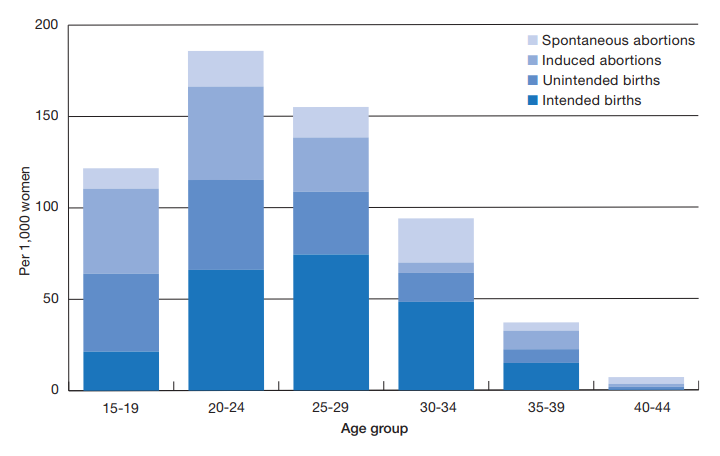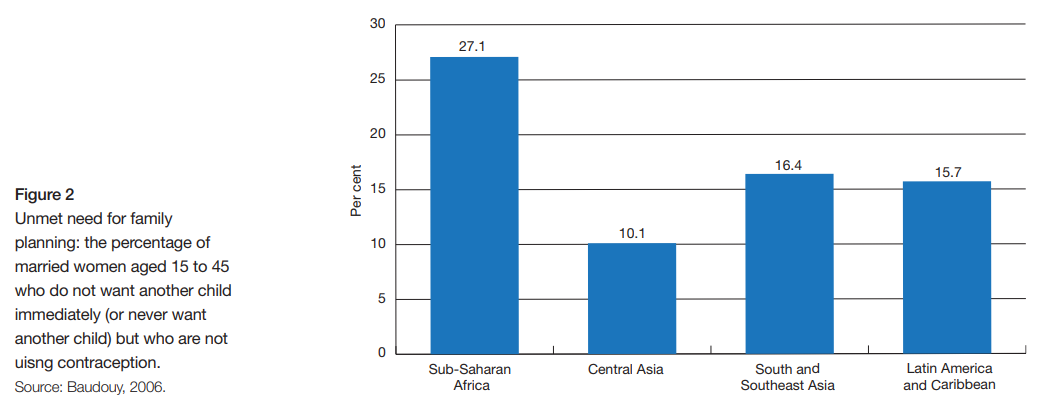
The Overpopulation Project
TOP – Research and Outreach
Too many people consuming too much
Category: fertility
-
Why Modern Monetary Theory is good news for population policy
Why do governments pursue pronatalist policies and mass immigration in the face of majority voter opposition and the environmental crisis? The answer lies in blinkered, growthist economic ideologies linked to mainstream macroeconomics that predominantly benefit the rich and powerful. by Stephen Williams A relatively new macroeconomics – modern monetary theory (MMT) – has strong evidentiary…
1 comment on Why Modern Monetary Theory is good news for population policy -
New State of the World Population report conceals family planning as UNFPA’s most successful product
Thirty years ago, the Population Fund of the United Nations (UNFPA) started drifting away from its original objectives focused on reducing population growth. Its new State of the World Population Report illustrates how this drift undermines its mission to help the world’s poor. by Jan van Weeren and Jane O’Sullivan This year’s State of the…
-
Carl Wahren (1933-2024), In Memoriam
We note the passing of an admired leader in the field of family planning, our colleague and friend Carl Wahren. To commemorate his life and work, we share a new, wide-ranging interview with Carl about population policies and the changing role of the UN in international family planning. by The Overpopulation Project It is with…
-
The Truth about Abortion
Abortion rights are under attack in many countries. Yet a recent study shows just how damaging, both psychologically and economically, being denied an abortion can be. by Richard Grossman MD Dr. C. Everett Koop was President Ronald Reagan’s Surgeon General for most of his 2 terms. An excellent pediatric surgeon, Dr. Koop had very strong…
-
Overpopulation Is Still a Huge Problem: An Interview with Jane O’Sullivan
Despite reports that world population is peaking and fertility rates dropping, the human population is still growing at an unrelenting and unsustainable pace. In an interview by Richard Heinberg, Jane O’Sullivan sets the record straight. By Richard Heinberg, originally published by Resilience.org In February, I interviewed biochemist Chris Bystroff, whose peer-reviewed analysis suggests that world…
-
Can we engineer our way out of the climate crisis?
Many scientists excited to develop new geoengineering technologies say yes, as do capitalists who stand to profit by continuing with business as usual. But most of the commoners who will have to live with the messes left behind when technocrats fail say a resounding no. by Philip Cafaro Sunday’s New York Times included a lengthy…
-
Vale Dan Carrigan
Daniel Lee Carrigan, founder of the GAIA Earth-Balance Foundation, died on 4 March 2024 after a long struggle with heart disease. We gratefully commemorate his contribution to population and sustainability efforts. by Jane O’Sullivan Like a shooting star, Dan Carrigan’s dynamic energy lit up the population-sustainability world for a brief few years. In its wake,…
-
The International Conference on Population and Development (ICPD) at 30 – Let’s Address the Unfinished Agenda
This year marks the 30th anniversary of the United Nations International Conference on Population and Development (ICPD) in Cairo, a watershed event in international population and reproductive health policy. It’s a good time to reflect on its legacy. by Joseph Speidel and Jane N. O’Sullivan The ICPD Programme of Action (POA) has served as a…
-
Slow Down: The Degrowth Manifesto
Socialism or barbarism or … social democracy with a mature acceptance of limits to growth? That’s the question posed by Kohei Saito’s provocative new best-seller. by Philip Cafaro Let me admit right up front that I’m a little jealous. As a philosophy professor who’s written a few books but no best sellers (yet!), I can’t…
-
Carbon emissions and the desperate search for culprits
Are rich people with their private jets the main cause of climate change? Or are the hundreds of millions joining the middle class in China and India? Or maybe large families of poor farmers in the tropics deforesting to make room for low-productive agriculture? This blog questions the search for specific culprits, which is often…
Explore the content and topics covered by TOP, search here
Recent blog posts
Blog categories
What we are reading, listening to and watching
Gallery of infographics – Learn more about overpopulation and environment
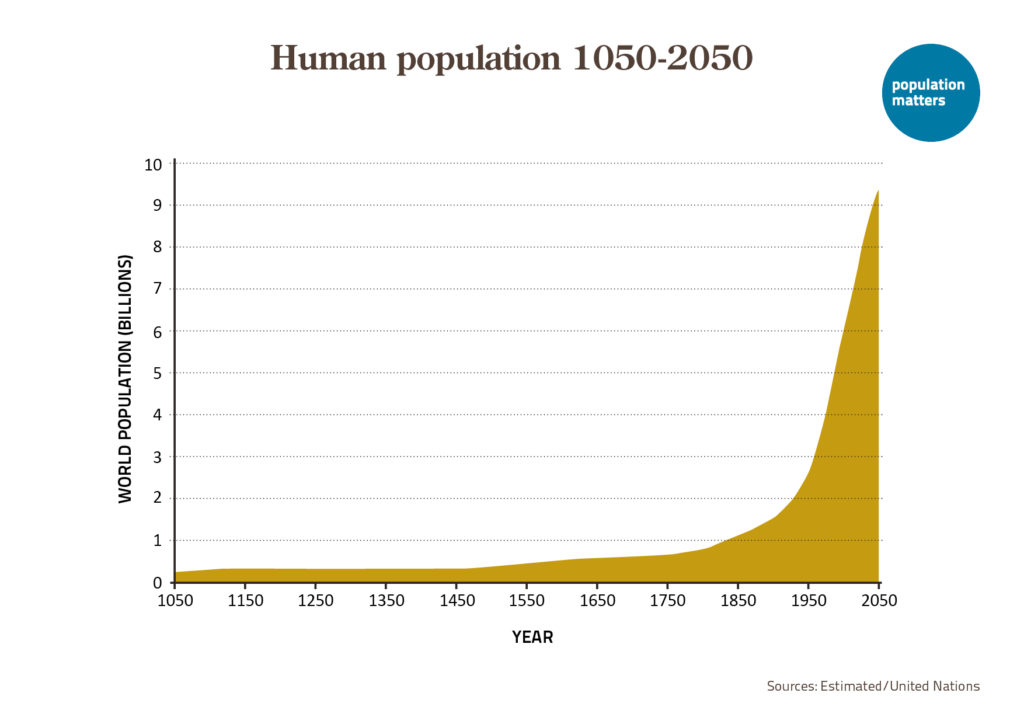
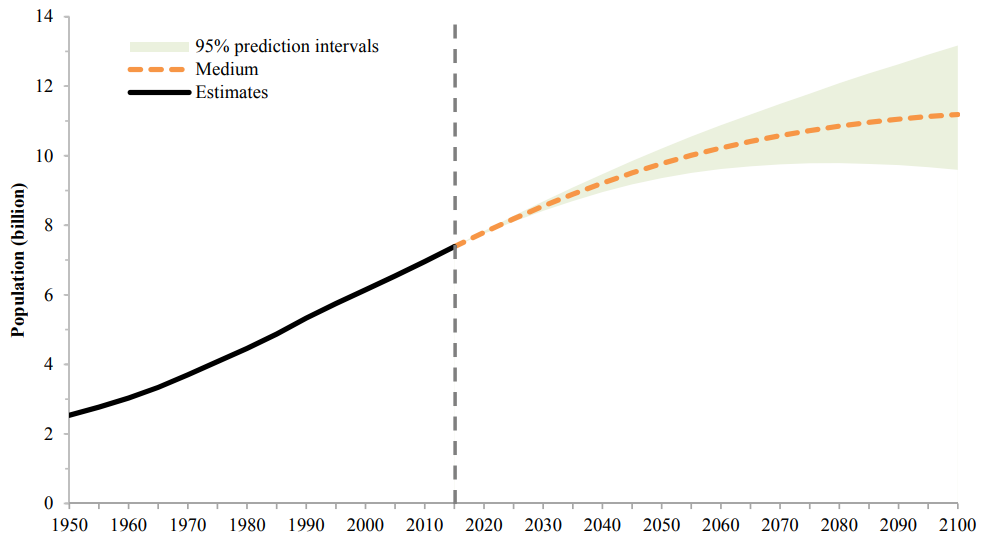
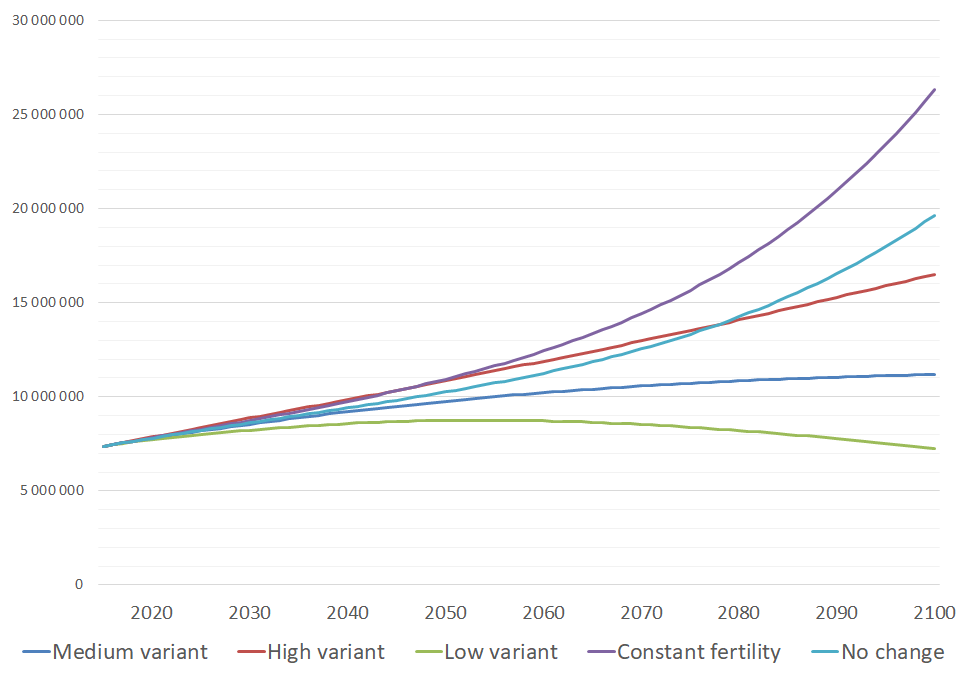
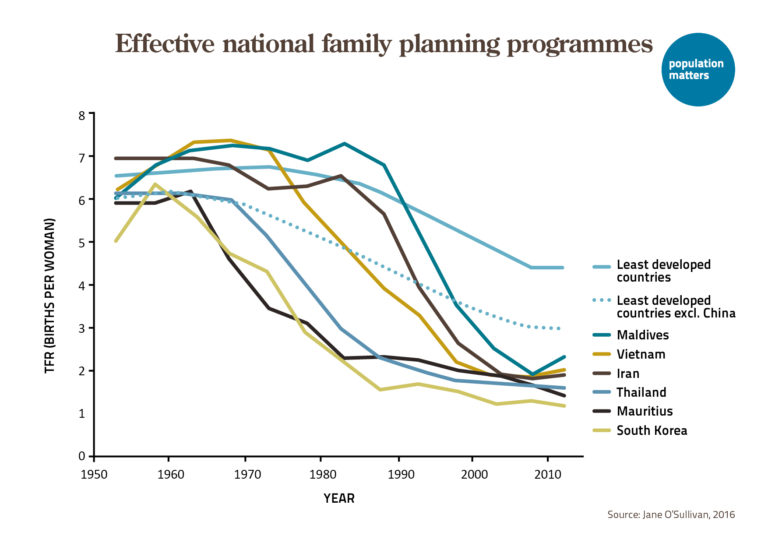

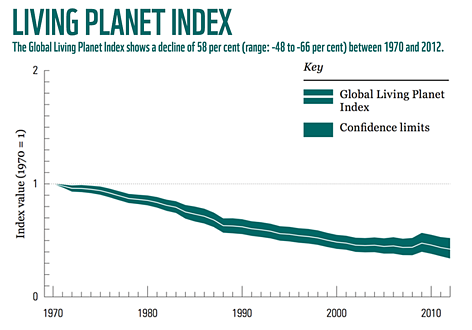
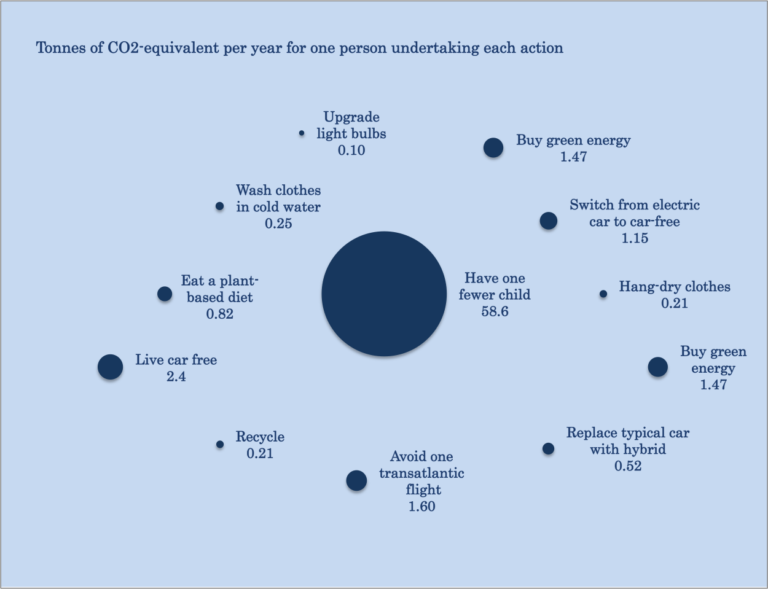

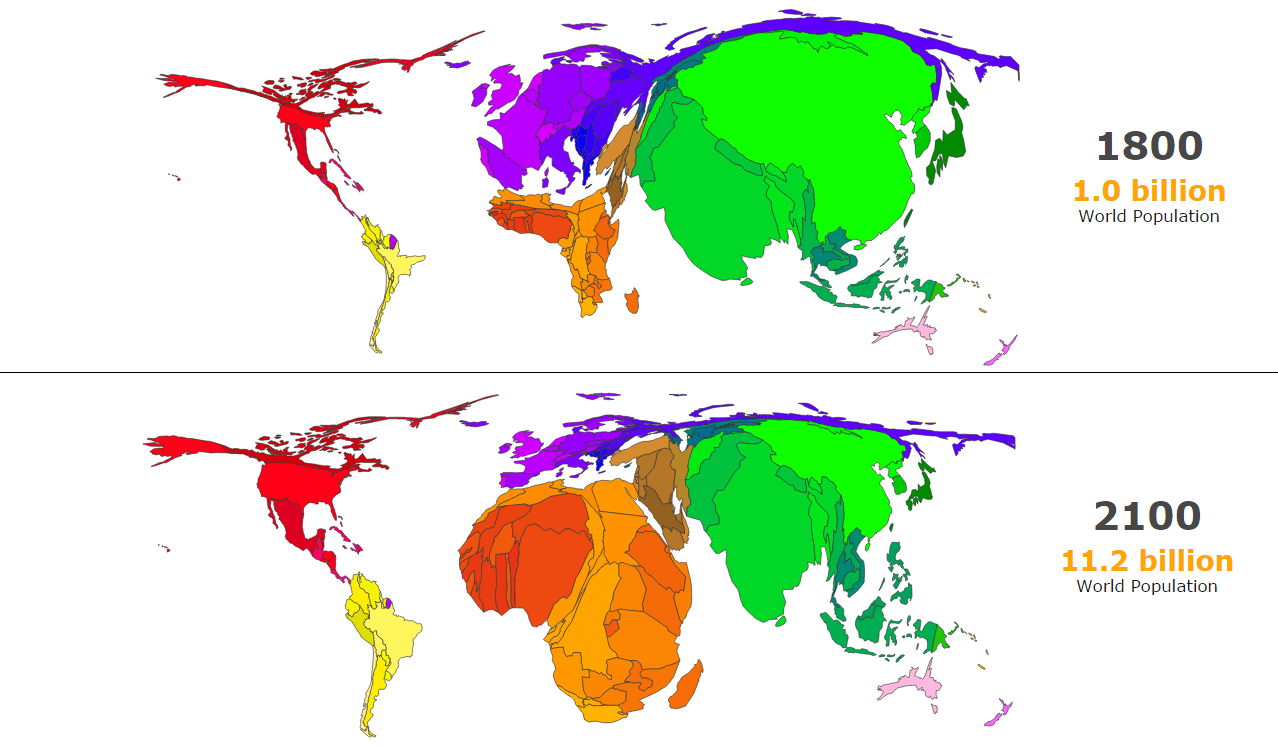
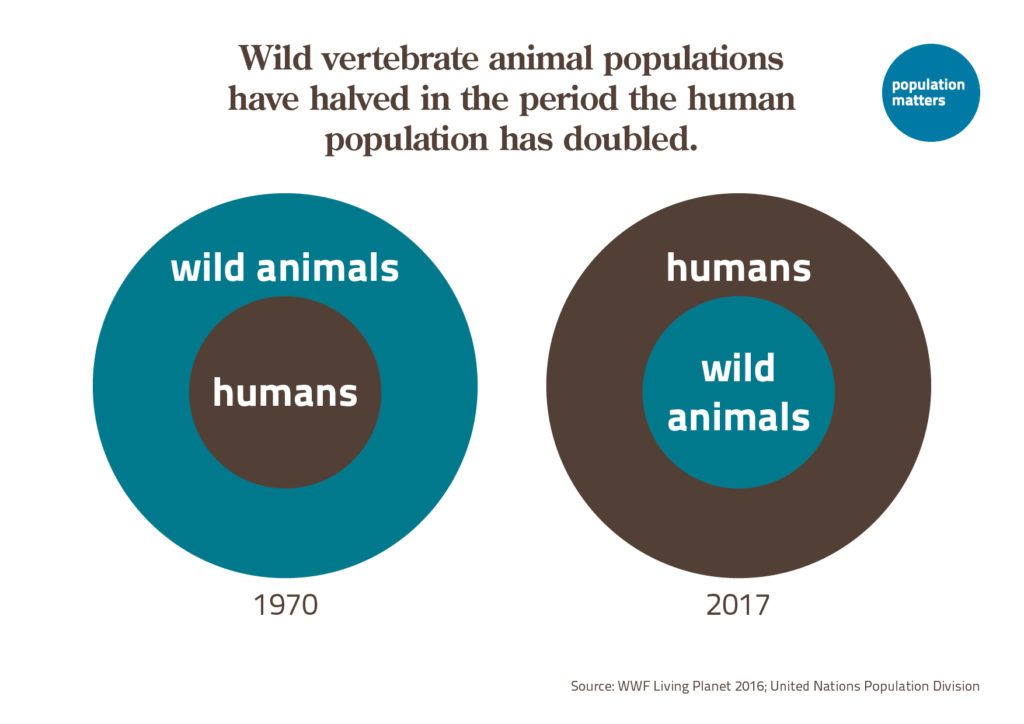
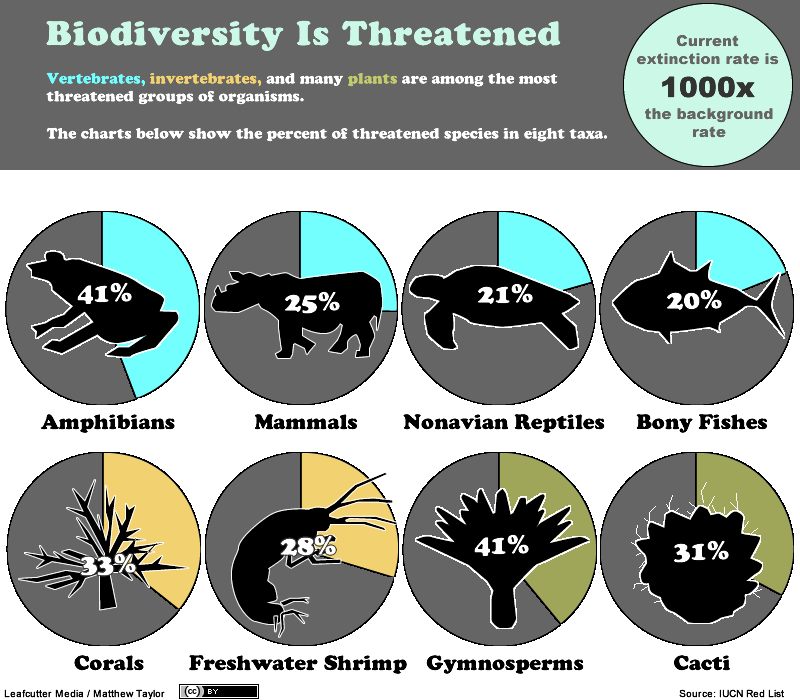
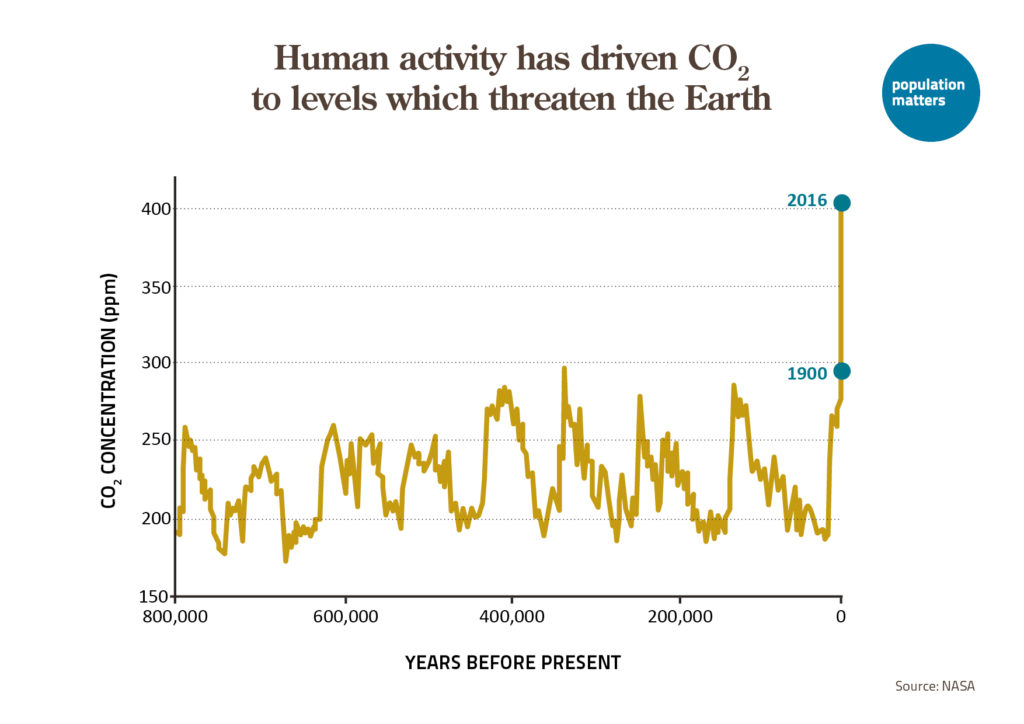
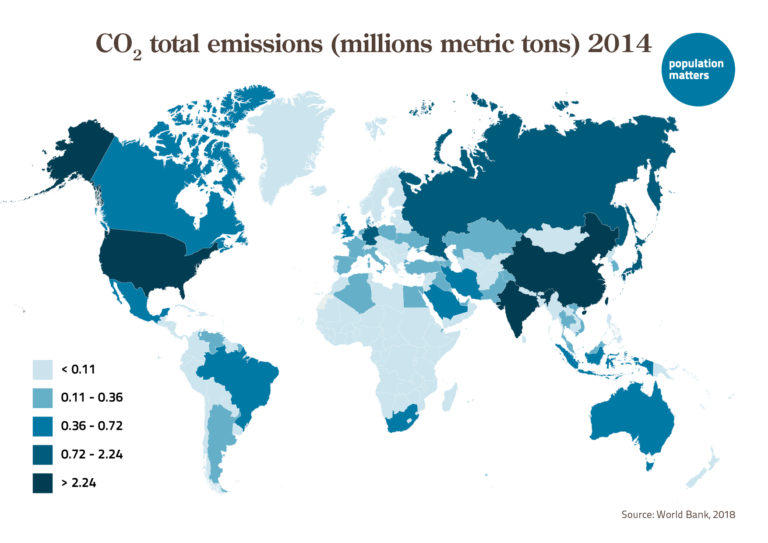

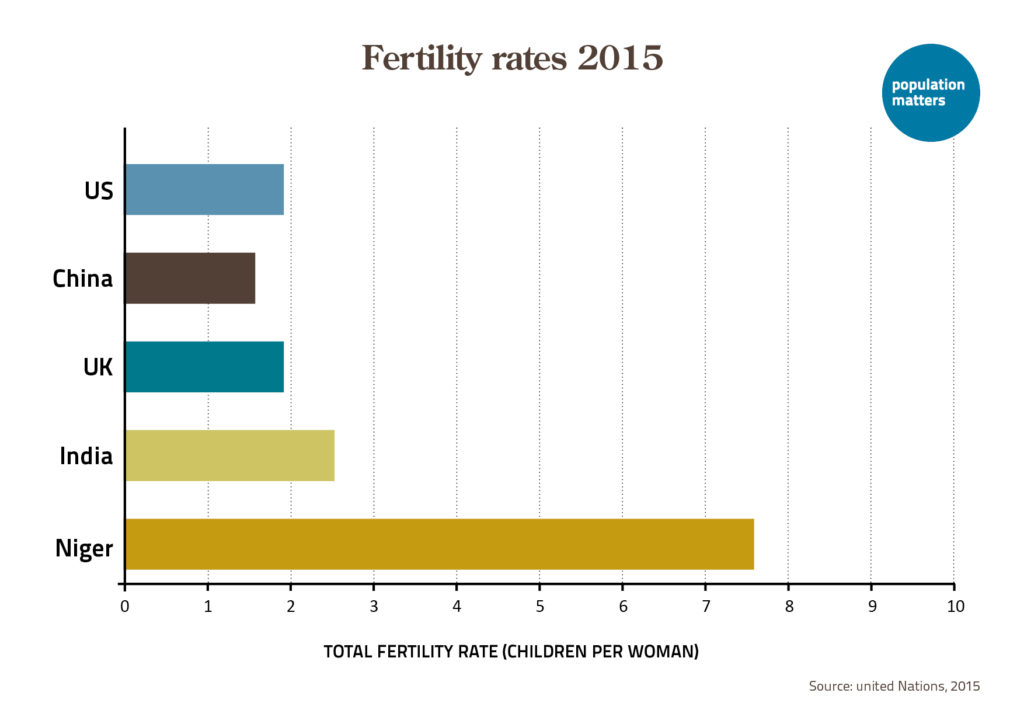
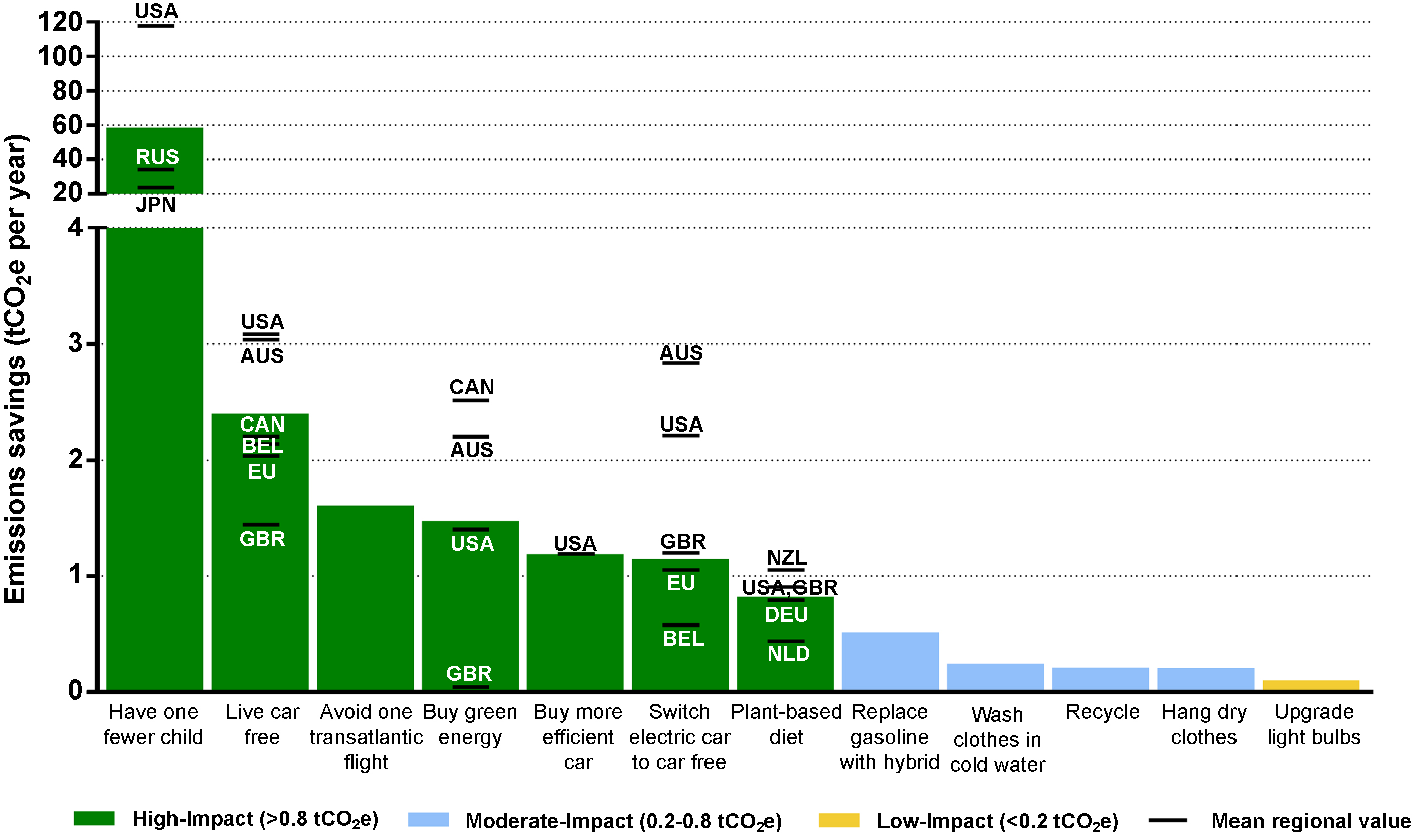





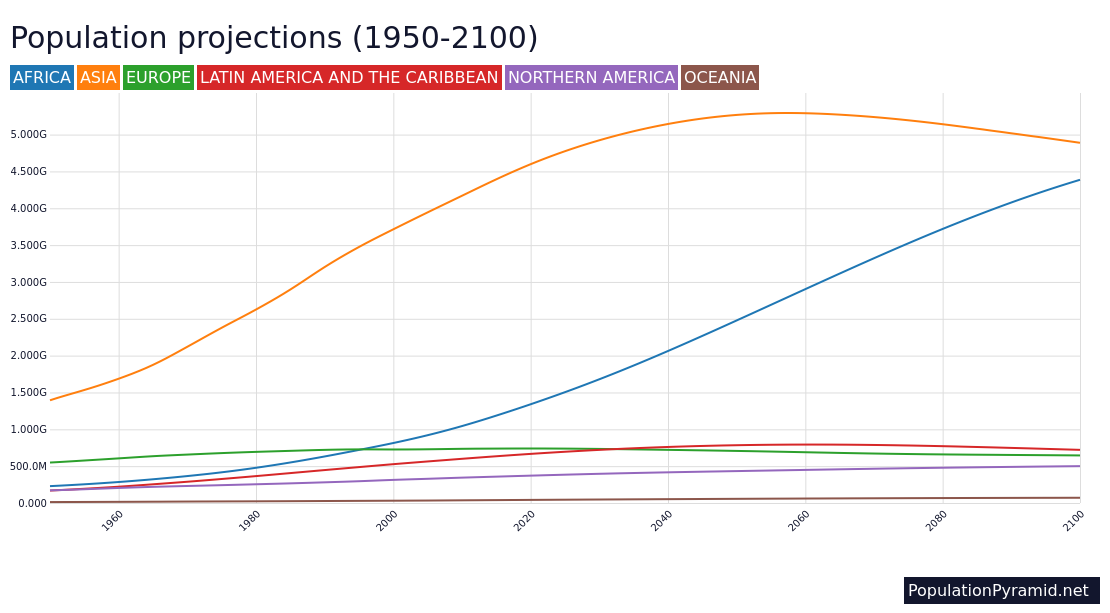
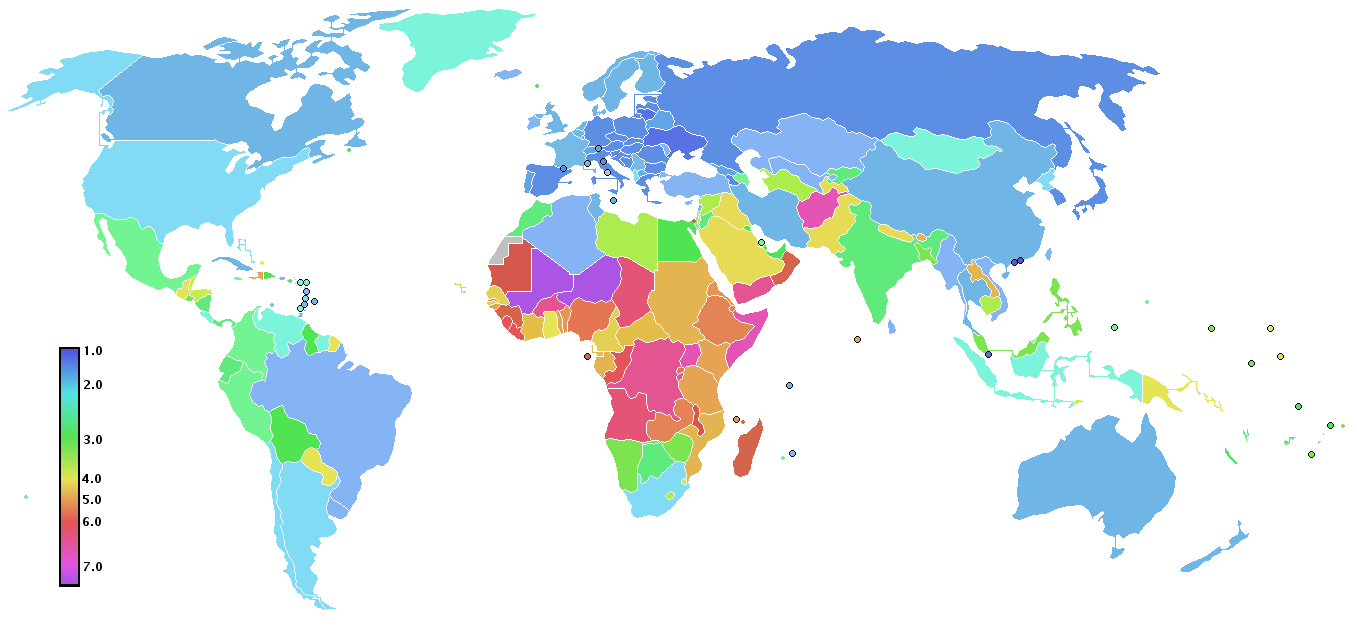
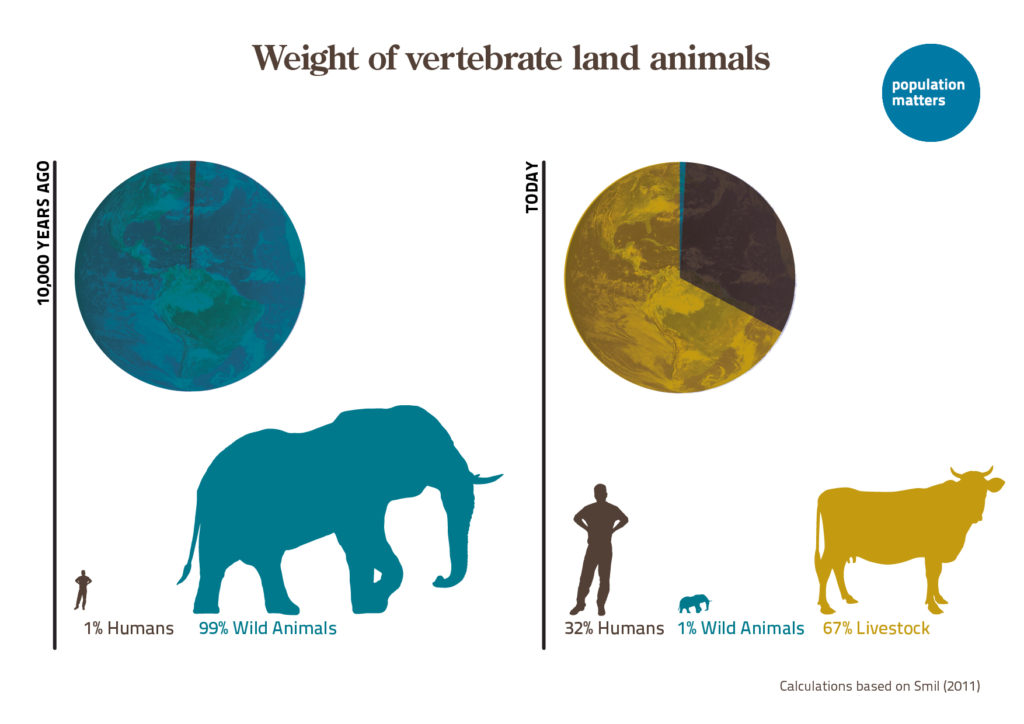

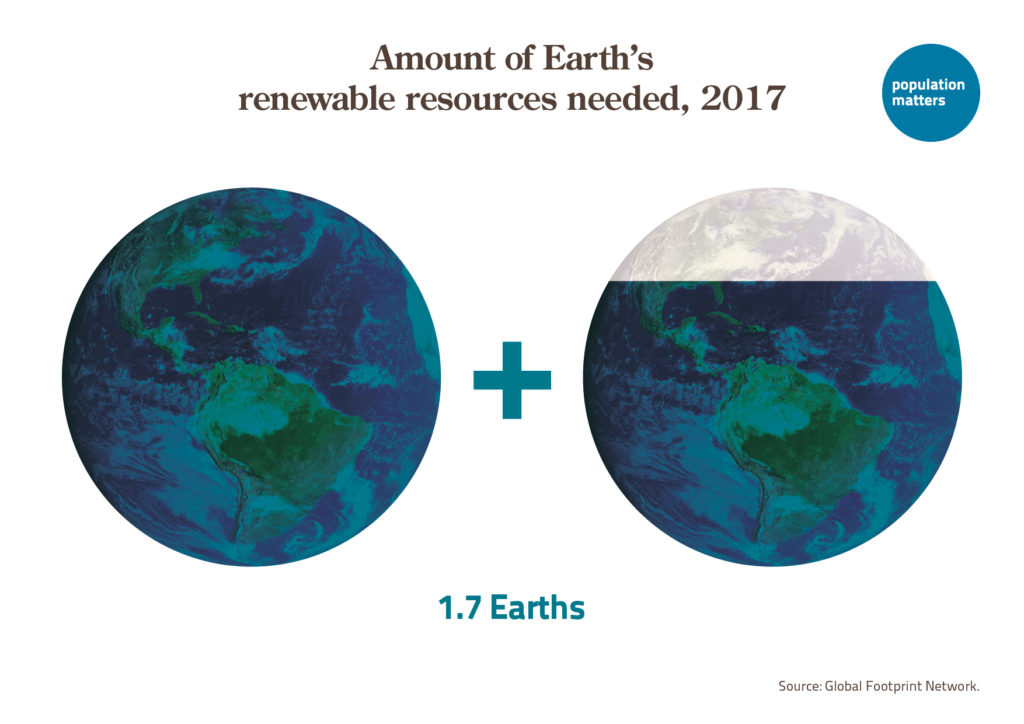

Source: Barro-Lee Educational Attainment Dataset (2015): PRB Data Sheet 2015

